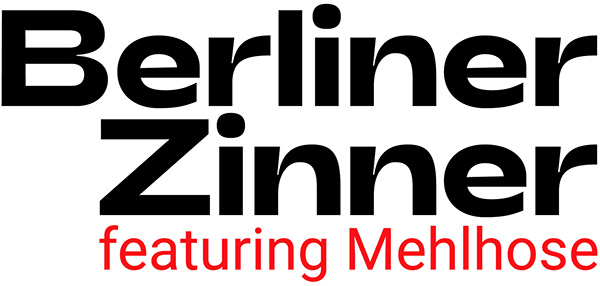Freelancing – dream or nightmare?
Flexible, independent work, home office being the norm and a higher income: Freelancing has great potential to become the work model of the future. Nevertheless, the weakness of a one-person company is evident during the Corona crisis. By talking to all those involved, we can shed light on opportunities and risks.

5 QUESTIONS INTERNATIONAL FREELANCERS IN BERLIN HAVE ABOUT THE COVID19 GRANT – PLUS ANSWERS
- Do freelancers need to report the amount of grant money received to the tax authorities now or when they are filing their 2020 tax declaration? The grant is recorded as business income and taxed as that. But that will not happen until the tax declaration for 2020 is due, which will be next year, in 2021, earliest.
- Some freelancers have experienced a break in their projects and therefore cannot show freelancing income for sometimes several months. For example, if a freelancer had not been booking projects since May 2018. Technically, there was no income from freelancing, however, it was planned to have projects in the pipeline starting April 2020. Does the lack of activity prior to the outbreak of covid-19 exclude them from the grant money? As indicated before, the prerequisites are that the business is experiencing a liquidity bottleneck and that those financial difficulties are caused by the Corona Pandemic. According to the Investitionsbank Berlin, the following criteria must also be met: Eligible for the grant are self-employed persons, freelancers, or micro-enterprises with up to 10 employees, which in addition
- carry out their business from a permanent establishment or registered office in the state of Berlin,
- are registered with a German tax office,
- have founded their company before 12.03.2020,
- carry out their self-employed work as main occupation and
- are permanently active as a company on the market.
- If a freelancer has not yet suffered any financial losses at the time of applying for the grant money, but does expect to do so in the future due to the crisis, has this freelancer committed fraud? There is no clear-cut answer yet. However, the condition for receiving the subsidy is that a freelancer is suffering a liquidity bottleneck at the time of application. The information provided will be checked at a later point in time. The applicant must prove that the outbreak of covid-19 caused economic difficulties. If the applicant was not eligible for the grant, funds can be reclaimed. Giving incorrect information counts as committing fraud and therefore may be to be prosecuted.
- Can the grant money be used only for business expenses only or for personal expenses too? At the moment there is no definite answer to that question. However, it is becoming increasingly clear that the grant does not cover private costs such as rent and grocery. In a nutshell, it may be used for the following payments:
- rent and lease payments for commercially used premises
- insurance premiums for commercial activities
- interest, lease instalments and repayments for goods and equipment used for commercial purposes
- vehicle costs (insurance / leasing costs / liability)
- Should freelancers apply now rather than waiting if their financial situation worsens due to a limitation on the amount of aid or the duration of time through which the aid will be delivered? There is always a chance that funds run out before everybody has applied for it. On the other hand, federal funding and state subsidies are generously funded. Of course, it cannot be ruled out completely, but for the moment it is unlikely that these programs run out of money. In general, there seems to be a commitment from politics that everybody who legally applies for the subsidy should get it.
